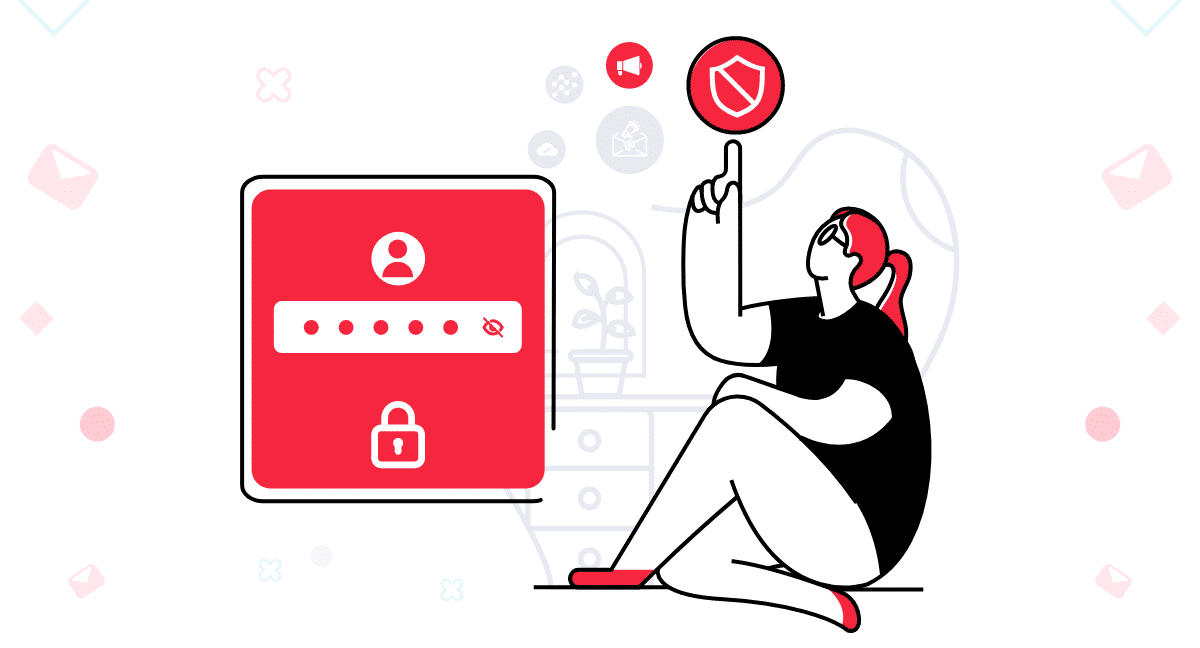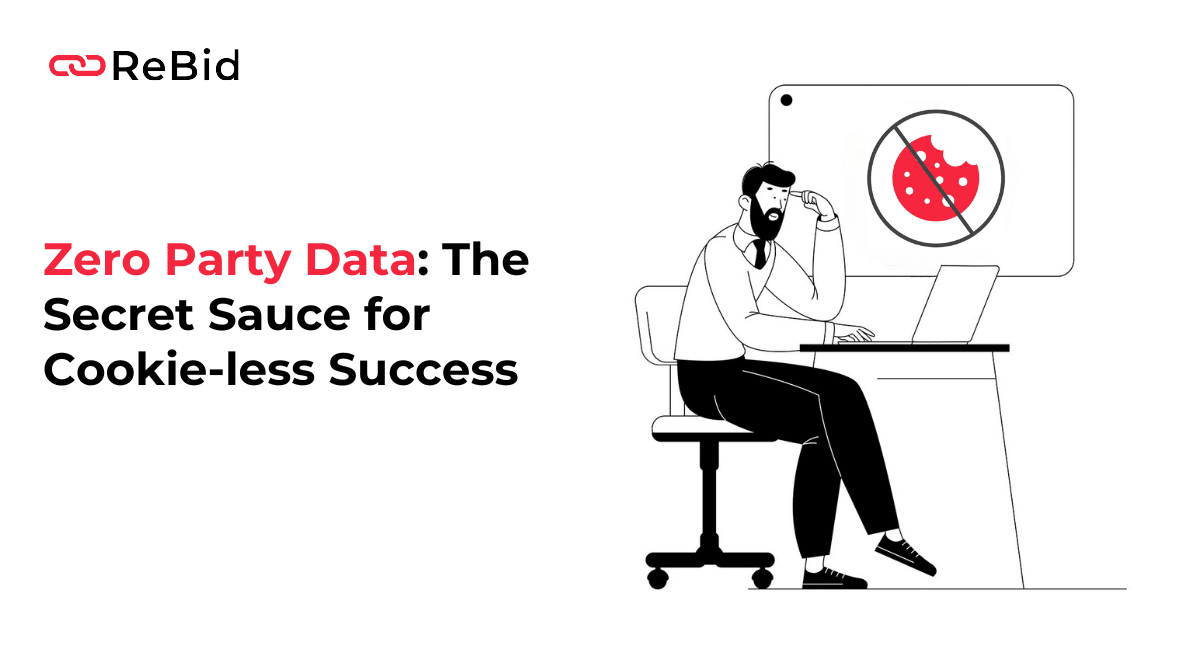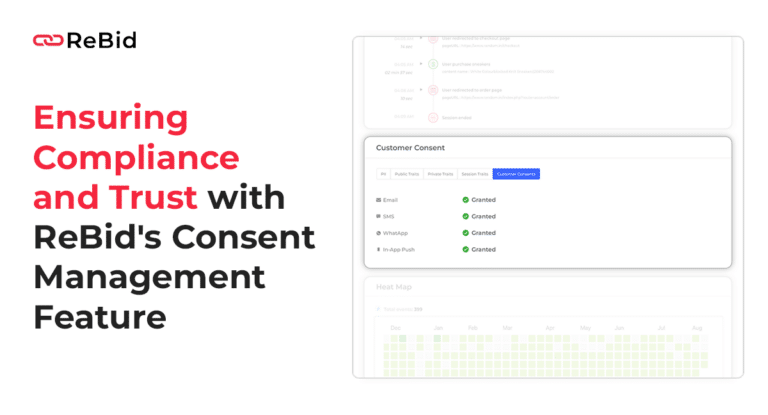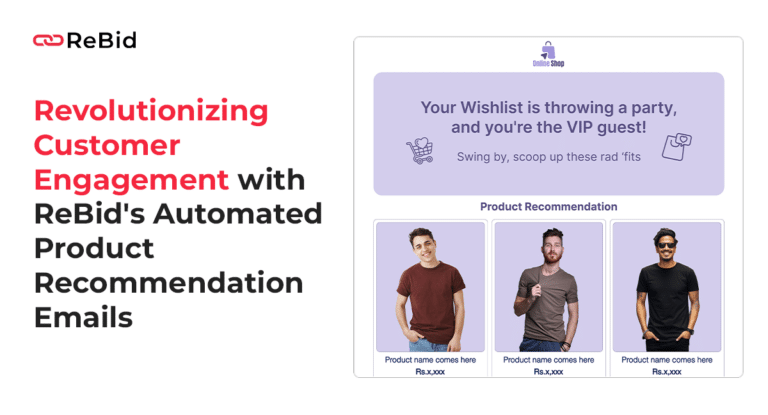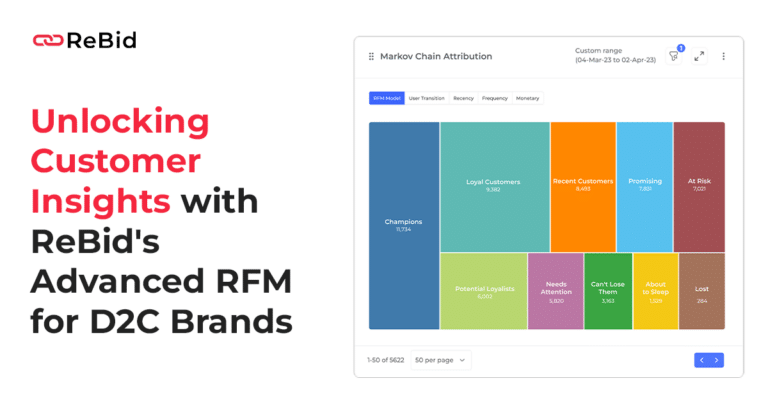The cookie-less future is swiftly approaching in the dynamic digital environment, and marketers are searching for creative alternatives. Enter Zero Party Data (ZPD), the unsung hero of data-driven marketing about to seize the spotlight. We’ll see the significance of Zero Party data in the cookie-less future and how businesses may use it to provide better consumer experiences in this blog.
What is Zero Party Data?
Zero Party data refers to information that clients voluntarily and deliberately share with companies. It is supplied by the customers themselves as opposed to first-party data, which is gathered by enterprises directly from their clients. Customers’ shared preferences, interests, and behaviors via surveys, feedback forms, preference centers, or other interactive channels are included. Zero Party data is distinct from other forms of data in that it is gathered with the consent of the subject and with full knowledge of its intended use. It’s critical for marketers to adapt and use ZPD as third-party cookies come to an end. ZPD, as opposed to third-party data, is voluntarily supplied by customers, giving firms unrivaled insight into their preferences and behaviors.
Why Zero Part Data?
The future of cookies will see a move away from third-party cookies and an emphasis on user privacy. As a result, companies cannot use cookies to track user activity and tailor experiences. Instead, they must come up with novel approaches to data collection and use that respect user privacy while also benefiting consumers. In this situation, Zero Party data is useful.
- ZPD enhances the mutually beneficial relationship between customers and marketers. ZPD guarantees that marketers deliver personalized experiences while ensuring that consumers enjoy custom content and offers by giving reliable information. As a result, both consumers and marketers benefit. (win-win situation).
- Privacy laws are changing the digital landscape, with GDPR (General Data Protection Regulation) and CCPA (California Consumer Privacy Act) leading the way. ZPD’s consent-driven methodology guarantees that organizations maintain compliance while also collecting beneficial data for marketing activities. This aids in regulating the laws governing privacy and data.
- In a world where privacy concerns are prevalent, ZPD is a wonderful breath of fresh air. Through promoting trust and openness, ZPD makes sure that customers willingly share their data with companies, knowing that they will handle it responsibly.
Let’s look at some methods that companies can employ to gather information on Zero Party:
Forms for surveys and feedback Data about the Zero Party can be gathered quite effectively via surveys and feedback forms. Businesses can learn about customers’ likes and dislikes by directly asking them about their preferences. They can then use this knowledge to provide better experiences. Interactive material such as quizzes, surveys, and assessments are a fun way to acquire Zero Party data. Businesses can learn about their customer’s preferences and interests while delivering a great user experience by producing interesting content that users like interacting with. Utilize the power of gamified experiences to promote data sharing and increase brand engagement.
Opportunities and Challenges Ahead for Zero Party Data
ZPD has a lot of potentials, but organizations still have to deal with issues like data storage and privacy. However, the chances offered by ZPD are limitless with the appropriate tactics and technology investments. Businesses can usher in a new era of data-driven marketing and create unmatched consumer experiences by embracing ZPD and putting forward-thinking tactics into practice.
How ReBid can turn your Zero Party Data to revenue in the Cookieless Future
ReBid empowers marketers to thrive in the cookieless future by providing an arsenal of cutting-edge solutions:
- First-Party Data Activation: ReBid enables marketers to harness the power of first-party data and seamlessly activate it within walled gardens. This ensures targeted advertising and personalization while maintaining privacy compliance.
- Independent Identity Resolution & Enrichment: By integrating with Ramp ID and UID 2.0, ReBid offers marketers robust identity resolution and enrichment capabilities. These tools facilitate precise audience targeting, improving campaign performance and reach.
- Probabilistic Modeling & Cohort-Based Targeting: ReBid leverages advanced probabilistic modeling techniques and cohort-based targeting to identify high-value customer segments. This innovative approach allows marketers to optimize ad spend and drive significant results, even in a cookieless environment.
By harnessing ReBid’s comprehensive suite of solutions, marketers can effectively navigate the cookieless future, adapt to evolving privacy regulations, and continue to deliver impactful, data-driven campaigns. Book a demo here.
